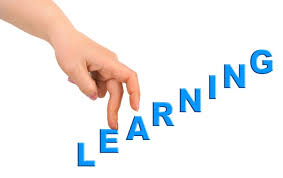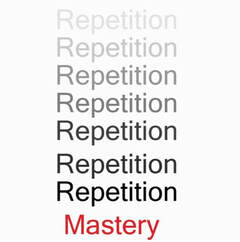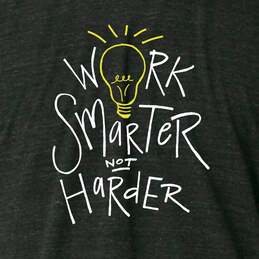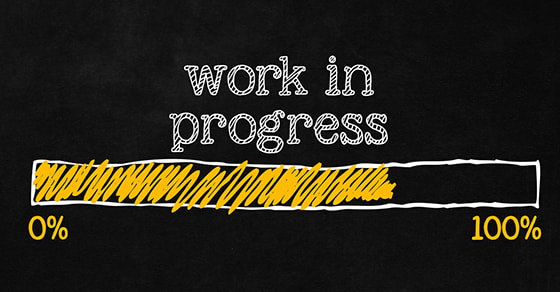|
I read an article recently by violinist Noa Kageyama that inspired me to write about something I’ve believed for a long time about practicing. It doesn’t necessarily matter how long you practice, but rather the engagement of your mind when you practice (you can read the original article here: https://lifehacker.com/a-better-way-to-practice-5939374)). In the article, Kageyama categorized practice into two types: mindless and deliberate. Sounds pretty self explanatory, right? Let me go into further detail about each one. Mindless practice is exactly what it sounds like: playing your assignment as if you were on auto pilot, not really concentrating on what you’d like the result to sound like. There are a couple of problems with practicing this way. Number one: it really is a complete waste of time. Without concentration, you won’t actually improve much at all. Kageyama states that “this model of practicing strengthens undesirable habits and errors, increasing the likelihood of more consistently inconsistent performances.” You will then have to spend more time correcting the errors you made, when they could have been avoided in the first place. Mindless practice is also extremely dull and takes the joy out of music making, and thus motivation to practice is lost. So, if you are taking the “broken record” approach, you are probably doing more harm than good. Now don’t get me wrong, repetition is important- but it has to be thoughtful. Having a specific goal in mind before you start your practice is key. When you play/sing a passage, does it “speak” the way you want? If not, that’s when repetition is helpful- repeating the phrase slowly until it sounds exactly how you want each time. For a beginning student who may not be at this point yet, their goals are simpler. Perhaps the first day is just focusing on playing the rhythm correctly. Day Two could be to incorporate staccato/legato and other articulation marks. Day Three could be dynamics and phrasing, and so on. Having an intention in mind is what makes the difference in becoming a really fantastic musician. The goal is to work smarter, not harder! Some other suggestions are to practice only as long as you can stay focused and during the time of the day you have the most energy or feel the most productive. Because it is so easy to slip into mindless practice mode, keep yourself on track by using a problem-solving model and a practice journal (one of Ms. Ellie’s favorite solutions!) Write down your goals for practice that day, and how you were able to achieve them. Define and analyze the problem you are targeting, then test solutions. Once you figure out the best solutions, write this down in your journal so you can continue implementing next time!
Sounds like a lot of work, doesn’t it? Well it is, which is why most musicians don’t take the time to practice this way. Parents, this is where your support is so very needed when your child is beginning his/her music study. Your instructor is there to guide their learning once a week, but the real progress and development takes place between lessons. Feeling uncertain about how to help your child practice in the best way? Design a practice plan with your teacher- he/she will be glad to do it! If you are an adult student, try this approach out. You’ll feel more connected to your progress and you will love the way you sound!
0 Comments
Your comment will be posted after it is approved.
Leave a Reply. |
Archives
July 2024
Categories
All
|
|
|
MUSIC SO SIMPLE
|




 RSS Feed
RSS Feed